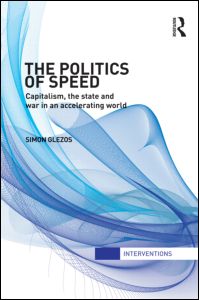More details of the first club critical theory event. Click on the image to view.
Further details about the talks and music to follow…
UPDATE: See club critical theory blog for more details.
The Talks
Deleuze, Contagion & the New Brighton
Tony D Sampson (UEL)
Tony D Sampson (UEL)
This talk will engage with the ideas of Gilles Deleuze in order to grasp how urban space, place and time might emerge. Firstly, we need to rethink the idea of Southend as a holistic entity (e.g. Southend the brand) and instead imagine it as a multiplicity. The focus then needs to shift away from essential properties (Pier, Kursaal, Adventure Island etc) to local interactions and singularities that have the capacity and tendency to spill over into urban space (for good and bad). The talk will include a collaborative venture with the photographer Iry Hor whose work captures the assemblages of real Southend.
Bourdieu, Habit and Social Space
Andrew Branch (UEL)
Morrissey once asked ‘When you want to live, how do you start? Where do you go? Who do you need to know? This talk will answer these political questions by illustrating how Pierre Bourdieu’s work can illuminate our understanding of how habitual behaviour forms, structures our sense of entitlement and frames our occupation of space and place. Using examples familiar to people living in Southend and its adjacent areas, the talk will conclude by exploring how transformation occurs, both at the individual and collective level.

